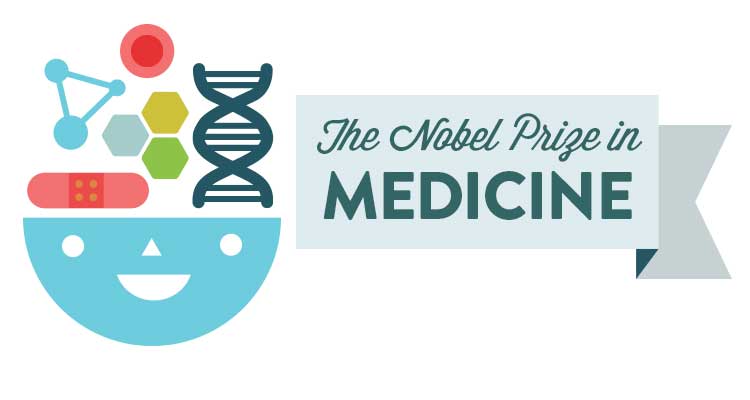Thomas Südhof, who shares this year’s Nobel Prize for medicine and physiology, told The Lancet in August 2010 that he owes his powers of analysis and concentration to studying a musical instrument.
And, after his Nobel prize announcement this week, he told award-winning novelist Norman Lebrecht that his most influential teacher was his bassoon teacher. Herbert Tauscher, he said, ”taught me that the only way to do something right is to practice and listen and practice and listen, hours, and hours, and hours.”
The Nobel Assembly at Karolinska Institutet awarded the 2013 Nobel Prize in Physiology or Medicine jointly to Südhof, James E. Rothman, and Randy W. Schekman on Monday for their discoveries of machinery regulating vesicle traffic, a major transport system in our cells.
[embedvideo id=”D_EPtQhtcmY” website=”youtube”]
“What’s fascinating about this award is it went to three scientists who worked independently on three completely different aspects of a cell system,” said K12 Director of Science Dan Franck. “And yet, when you take all three and put them together, you have a clear picture of how a cell packages large molecules in vesicles for transport across membranes. Each told us about one part, but taken as a whole we now see the big picture. In many ways this is an example of how big, modern science explains the natural world to us, each scientist may play a small part.”
The scientists solved the mystery of how the cell organizes its transport system. According to the Nobel Assembly press release, each cell is a factory that produces and exports molecules. For instance, insulin is manufactured and released into the blood and chemical signals called neurotransmitters are sent from one nerve cell to another. These molecules are transported around the cell in small packages called vesicles. The three Nobel Laureates have discovered the molecular principles that govern how this cargo is delivered to the right place at the right time in the cell.
In essence, they have discovered a fundamental process in cell physiology. These discoveries have had a major impact on our understanding of how cargo is delivered with timing and precision within and outside the cell.
“This is important stuff for all of us,” Franck added. “Cures for a host of serious conditions may be revealed by understanding this system. We may be talking about what seems to be a tiny action in a tiny cell, but it takes patience and persistence to figure it out, and that attention to detail in the end may save countless lives.”
Indeed. Future generations may have much to be thankful for, including these three dedicated scientists who refused to settle for the simple answers, and a long-ago bassoon teacher who taught his student to strive for perfection in the smallest details.




































